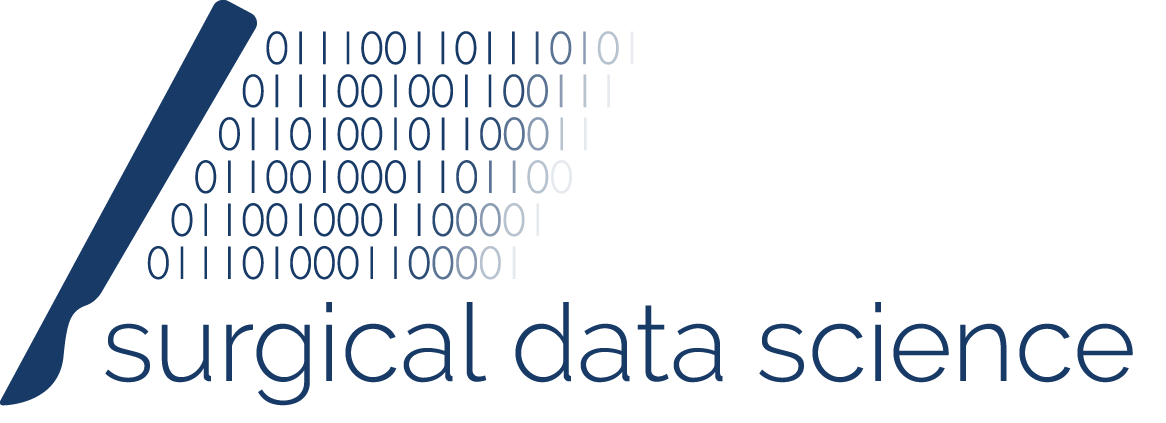Industrial Perspectives
Chair: Anand Malpani (Johns Hopkins University, United States)
Presentations by industry representatives:
Encoding Surgery
Pablo Garcia Kilroy (Verb Surgical Inc., United States)
Surgical procedures have a high variability in outcomes depending on the level of skill of the surgeon, the complexity of a case and the technique used. Currently there is little quantifiable information about how the events and decisions made during a surgical procedure affect outcomes. We will discuss some of the unmet needs and possible approaches to allow extracting and optimizing best practices which will eventually lead to better outcomes.
Towards the intelligent OR
Johannes Fallert (KARL STORZ SE & Co. KG, Germany)
Artificial Intelligence is a key technology at the peak of expectations, which found its way to a broad usage in clinical research. In order to drive thereby the evolution of surgery, the digitally integrated OR plays an essential role. It is the enabling infrastructure in the hospital environment for data driven computer assisted surgery and OR related workflow support in the hospital. To move forward, data access and interoperability need to go along with security and data privacy. On this basis a broader usage of intelligent software based support in the surgical workflow can be shaped for the future.
Data driven robotic surgery
Max Allan (Intuitive Surgical Inc., United States)
The patient journey from diagnosis to recovery is full of rich data sources that could be leveraged to improve clinical outcomes. A significant challenge in realizing this potential is that these data sources are isolated and effective collection, processing, sharing and visualization of such data remains inefficient. Over the past two decades, Intuitive has been offering cutting edge technologies to enable minimally invasive surgery. In this talk, we will discuss a few examples of the daVinciTM platform helping to realize this potential.
